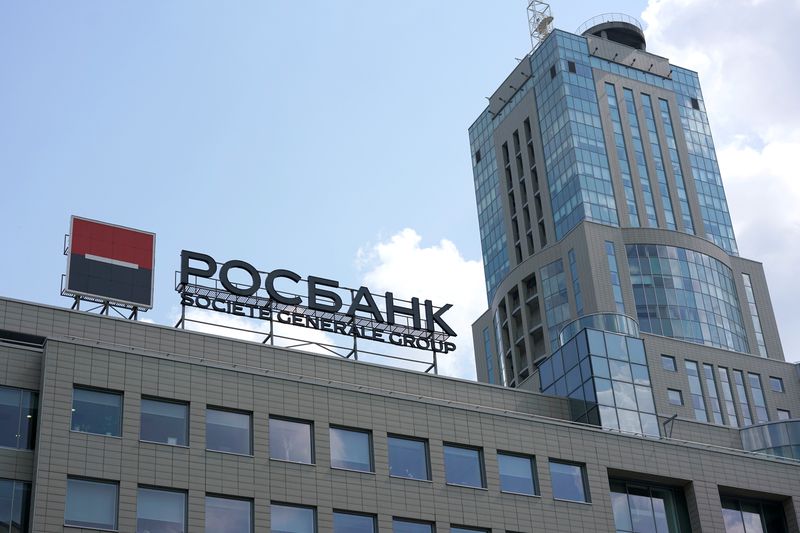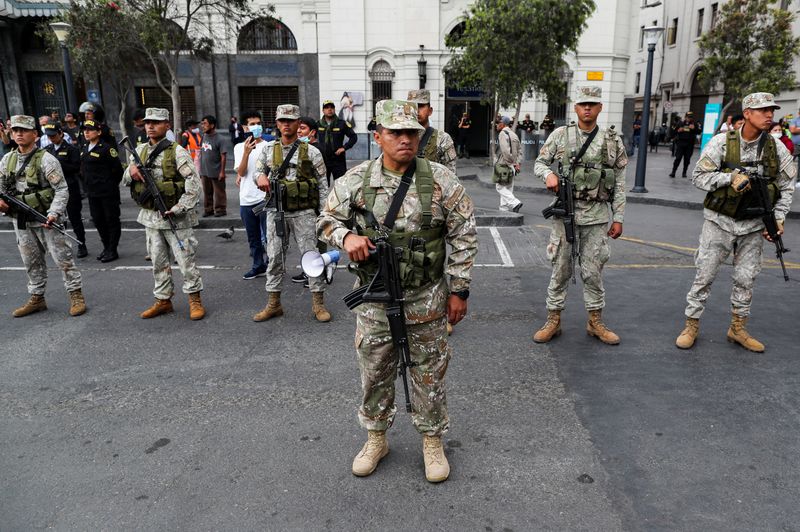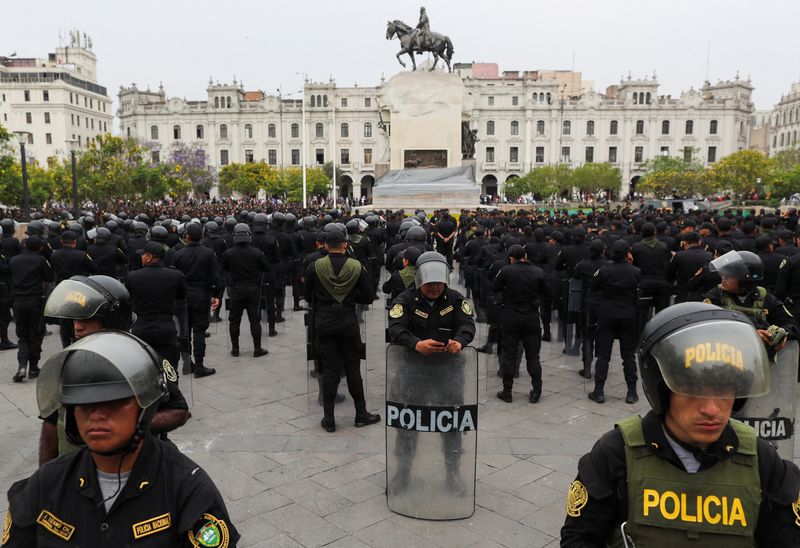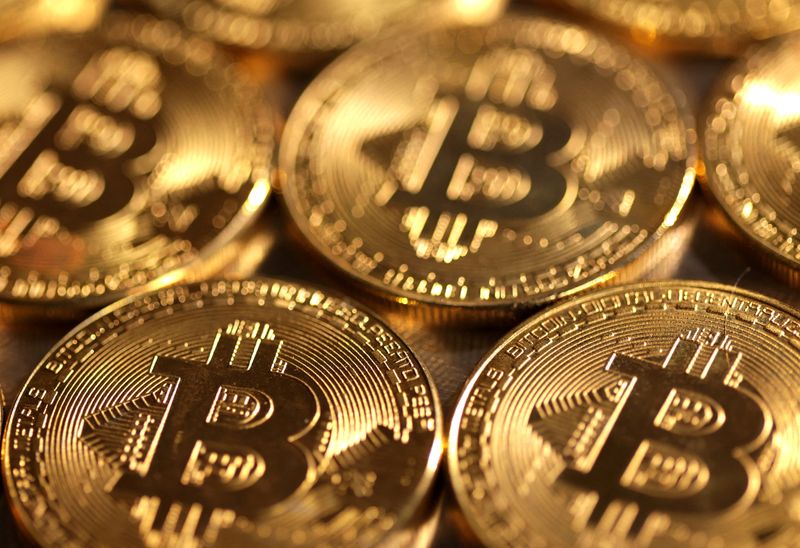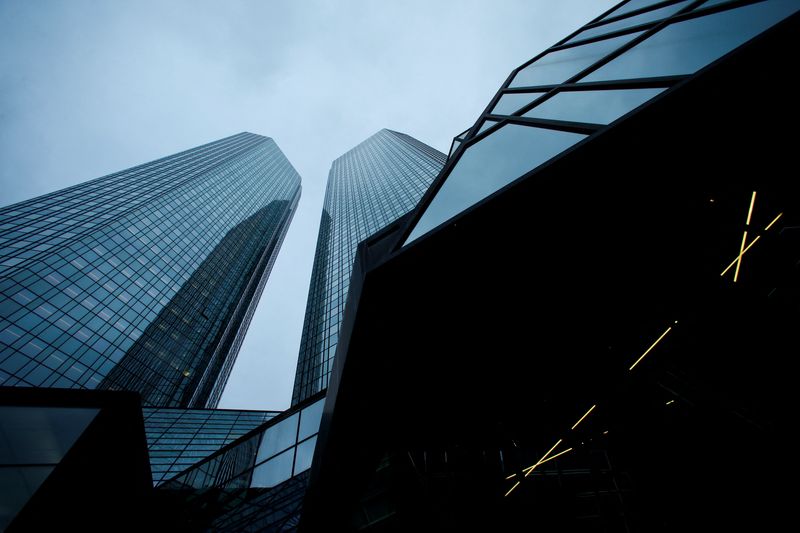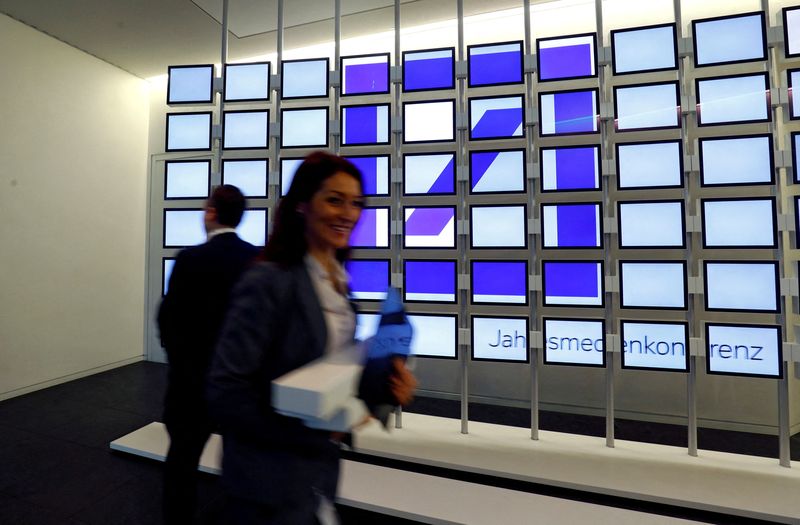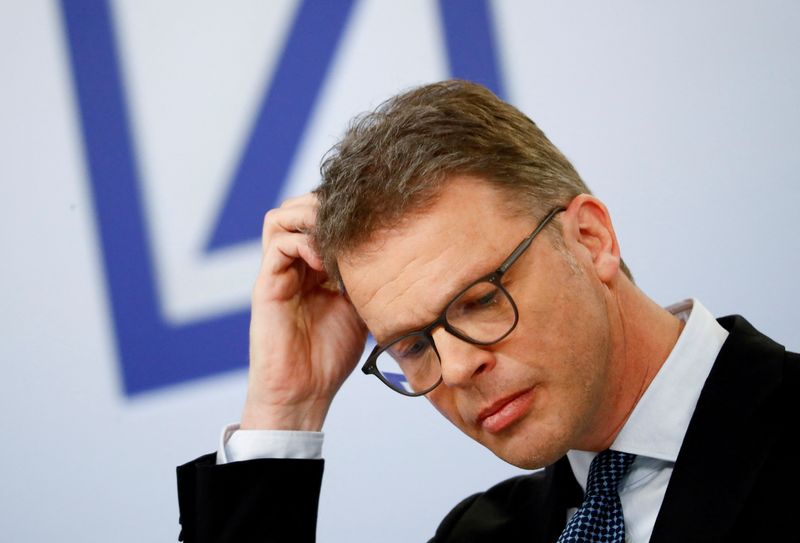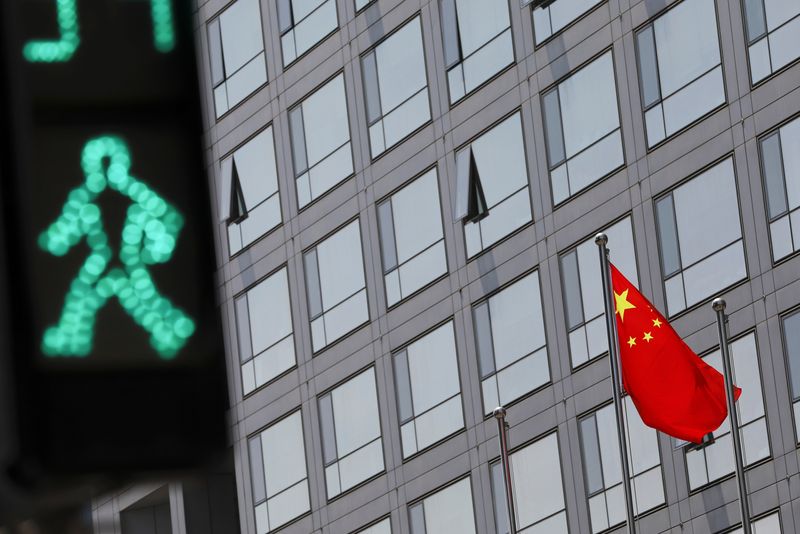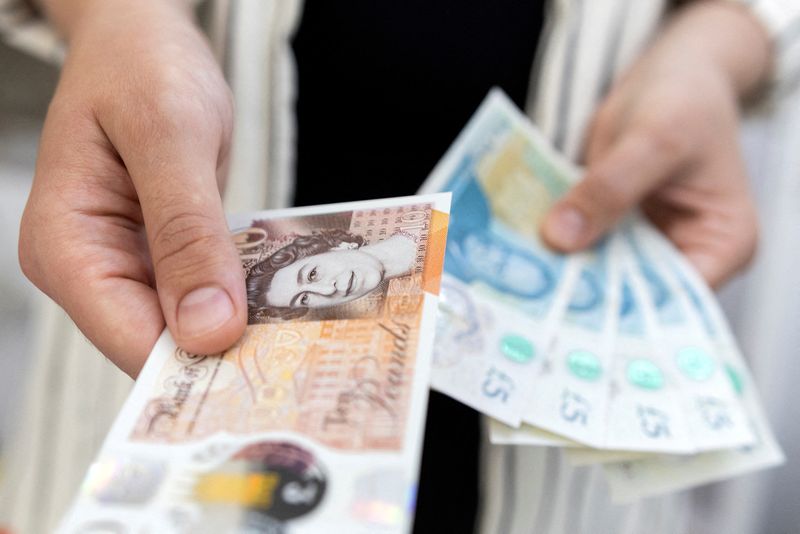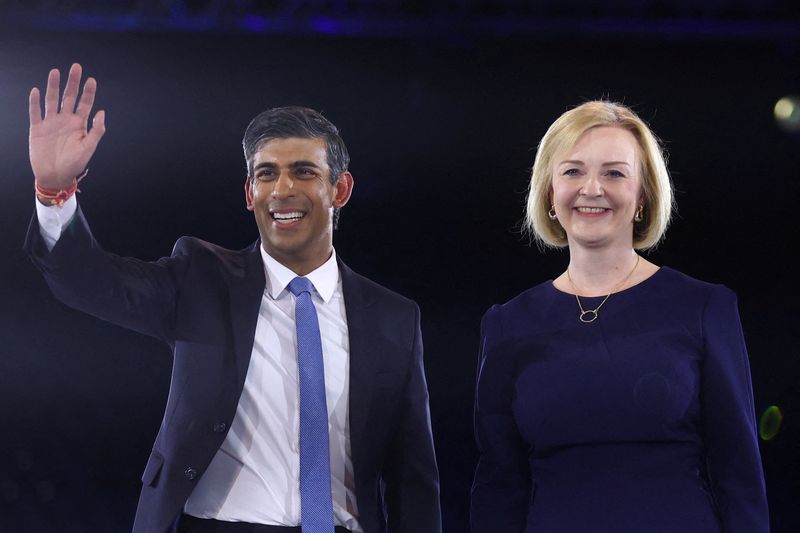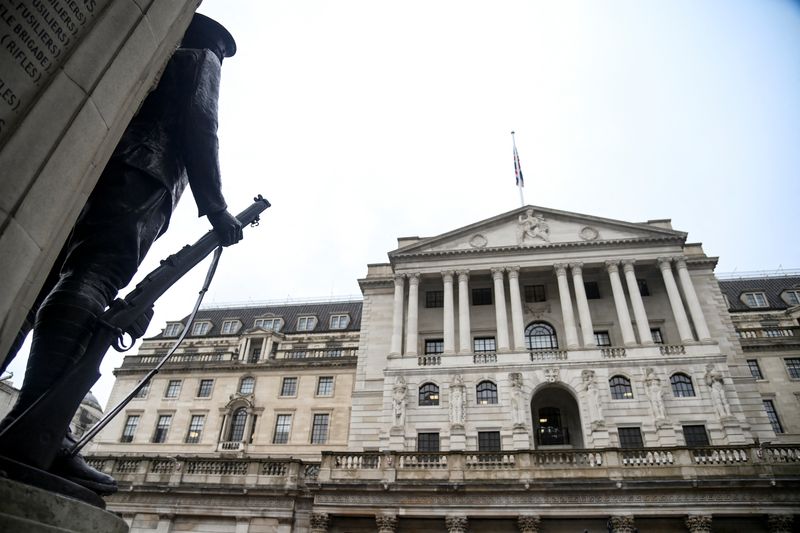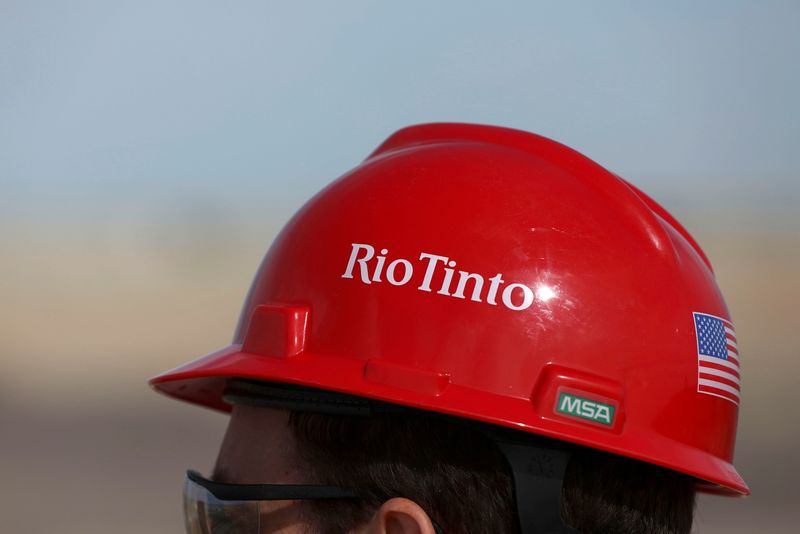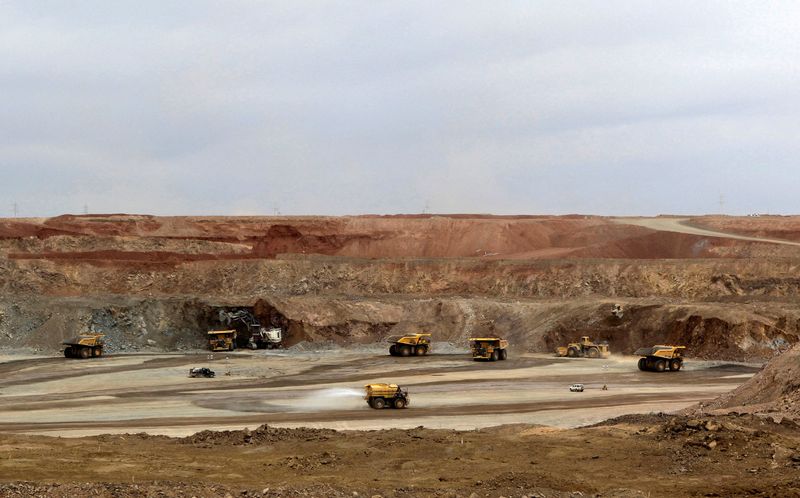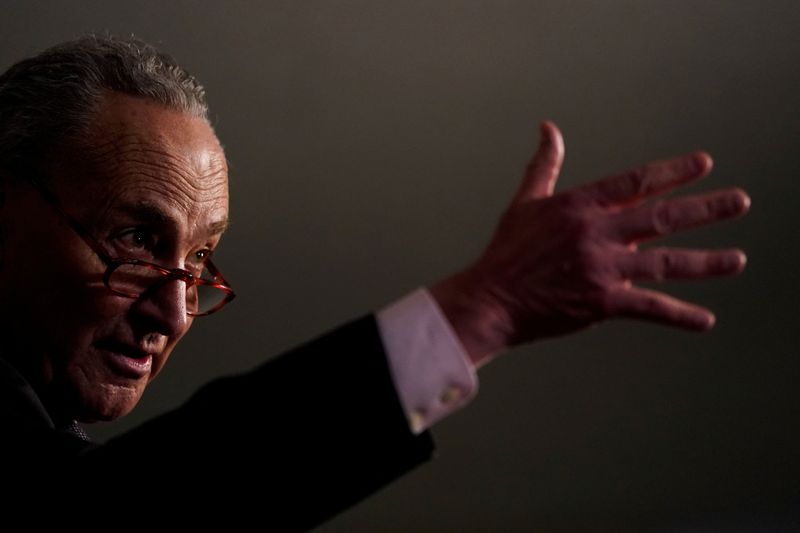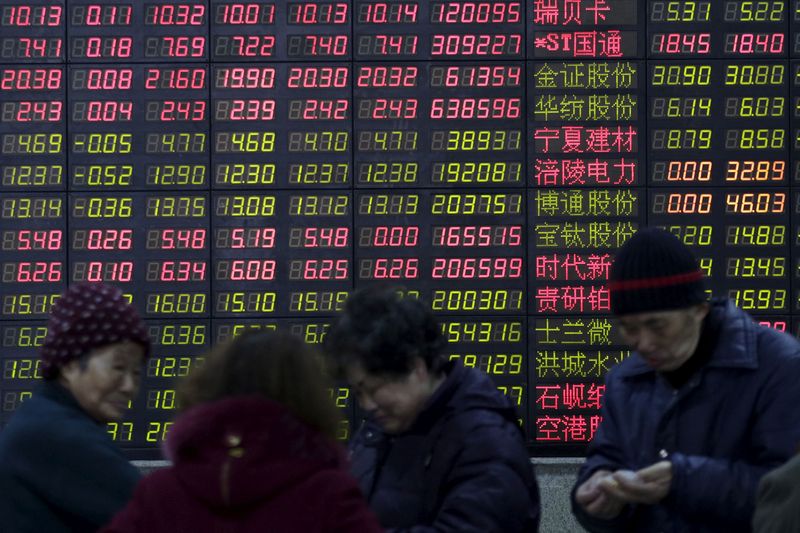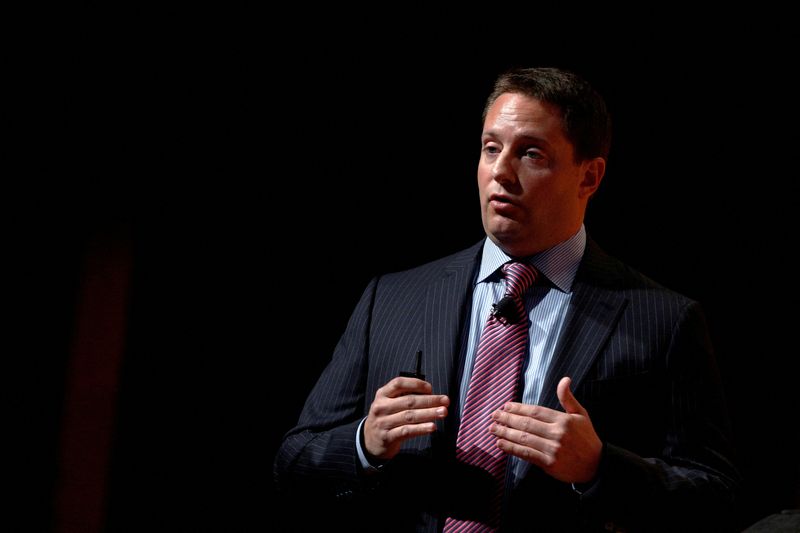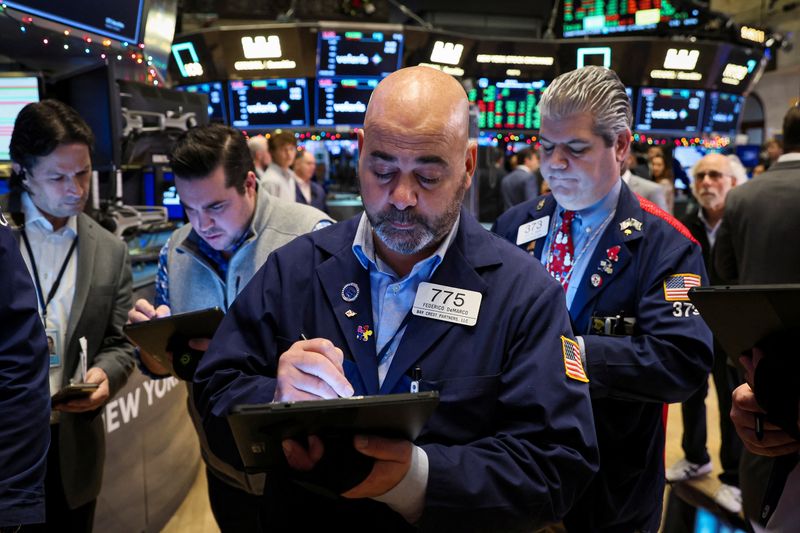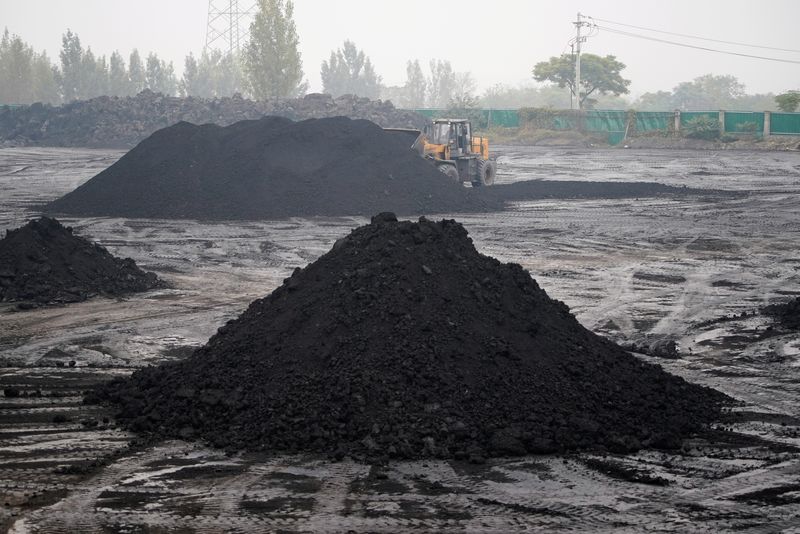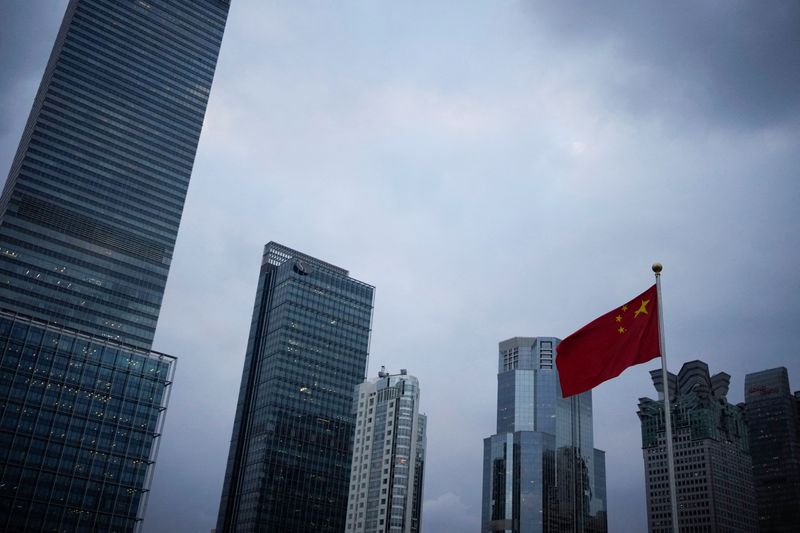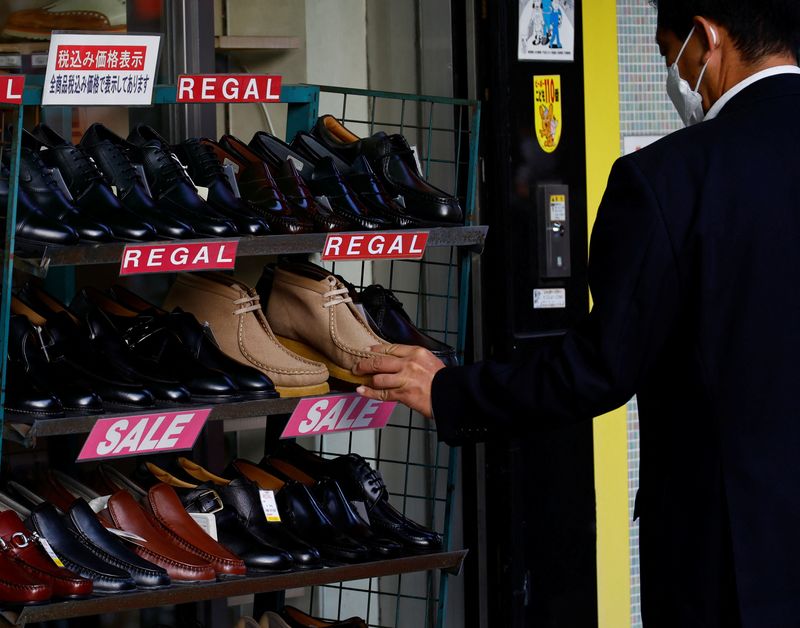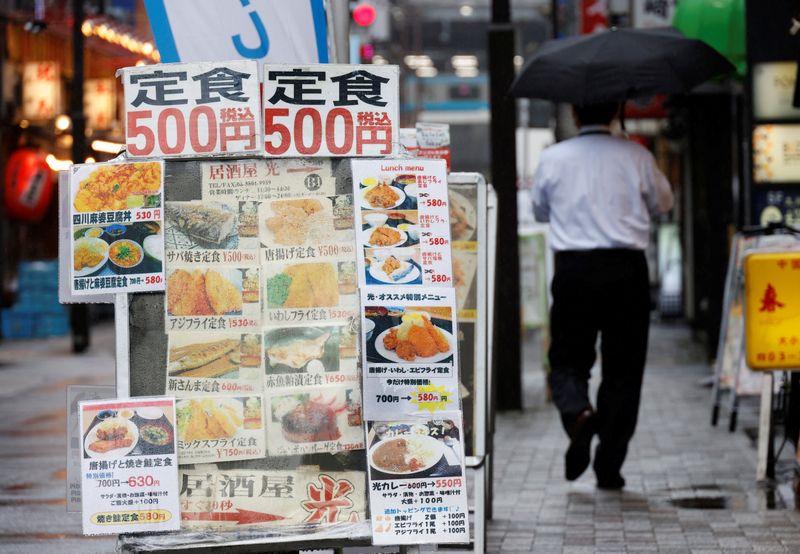MOSCOW (Reuters) – Russian commercial lender Rosbank has halted operations in U.S. dollars, euros and dirhams, warning that some transactions could be blocked, after Washington imposed sanctions on Thursday on the bank and its owner, Vladimir Potanin.
The United States sanctioned Potanin, 61, his Interros holding company, Rosbank and members of his family. It did not designate mining giant Nornickel, where Potanin is the largest shareholder. Interros owns 36% of Nornickel, the world’s top palladium and refined nickel producer.
In a question-and-answer page on its website, Rosbank acknowledged some restrictions on servicing clients.
“In the current environment, we have suspended operations in U.S. dollars, euros and dirhams, or those involving the U.S. and EU jurisdictions as we are not able to offer routing at the moment that allows us to guarantee that clients’ funds will not be blocked by foreign correspondent banks,” Rosbank said.
Rosbank says clients still have full access to their finances, but it has limited ability to guarantee that payments through correspondent accounts in the UK can be executed, warning that client activity there could become unavailable.
Britain sanctioned Potanin on June 29. The U.S. Treasury said Thursday’s move – part of a package targeting Russia’s financial services sector – was a further step to deepen Russia’s isolation from global markets and make it harder for Moscow to fund its military operations in Ukraine.
Ad: Save every day with Amazon Deals: Check out today's daily deals on Amazon.
Potanin’s Interros closed a deal to buy Rosbank from Societe Generale in May, leaving the French lender taking a 3.2-billion-euro ($3.4 billion) net income hit. He subsequently added a 35% stake in TCS Group, which owns Russian online bank Tinkoff.
Potanin has said Interros bought its TCS stake for several hundred million dollars. TCS founder Oleg Tinkov, who sold Potanin his stake, previously estimated his holding had been worth more than $2 billion in early March, but said he sold it for “kopecks” (pennies).
Nornickel and Tinkoff remained unsanctioned as Potanin’s holdings in those companies amount to less than 50%. The U.S. considers any assets owned 50% or more by a person on its blocked persons list to be blocked as well.
($1 = 0.9405 euros)
(Reporting by Alexander Marrow; Editing by Mark Trevelyan)
